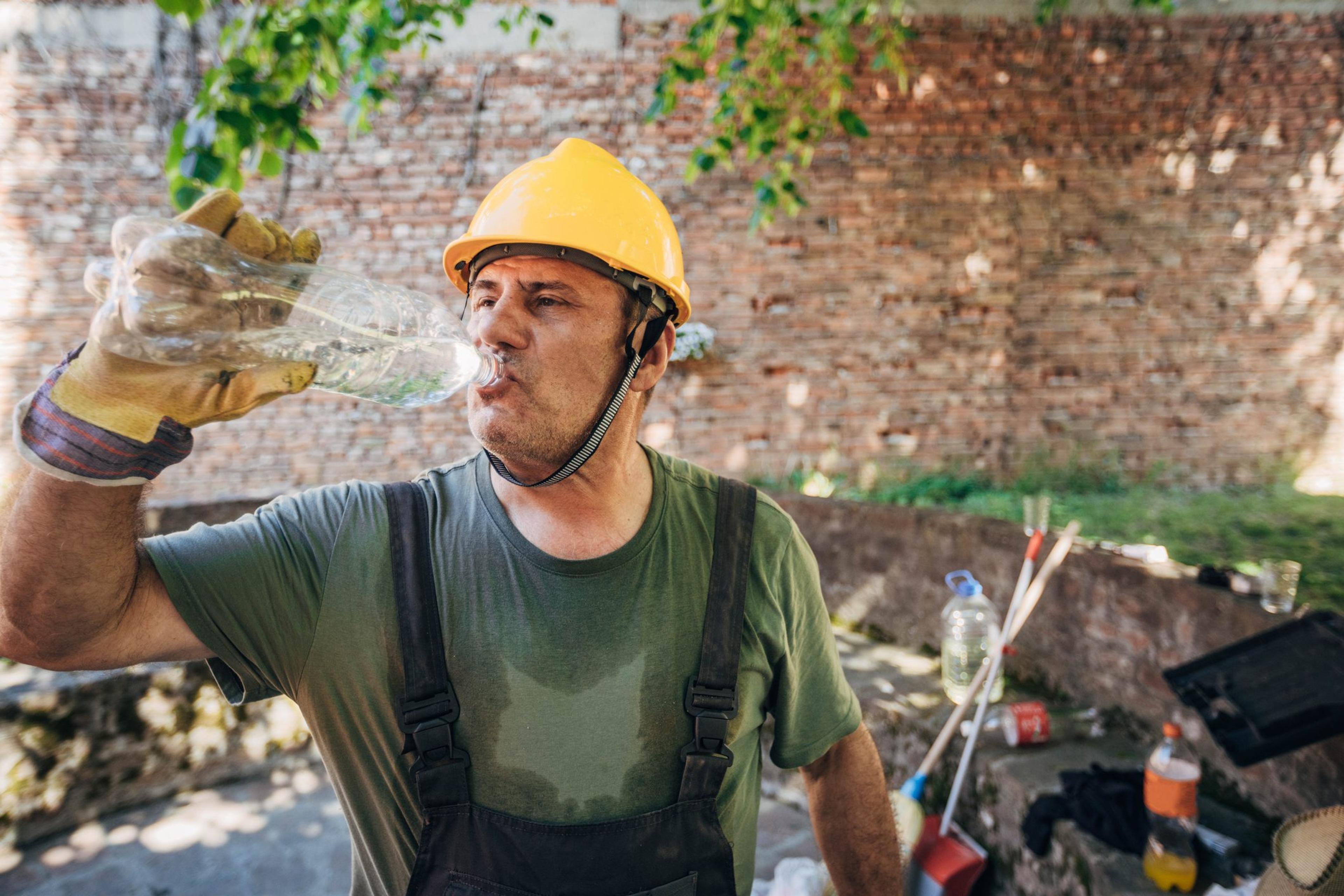Humidity and High Blood Pressure: What You Need to Know

Blue Daily
| 3 min read

Humidity can make an average hot day in the Midwest feel even hotter – “it’s not the heat; it’s the humidity!’” as the saying goes. This combination of heat and humidity can be dangerous.
The National Weather Service refers to this as the “heat index” – which is how hot it actually feels outside. For example, if the air temperature is 96 degrees Fahrenheit (F) and the relative humidity is 65%, the heat index is 121 degrees F. Infants and the elderly are particularly susceptible to overheating in the summer.
Additionally, individuals with high blood pressure – including pregnant women – are also vulnerable to spikes during this time. This is partially due to the way the body works to cool itself.
Does heat increase blood pressure?
As temperatures rise, the body begins to shift blood from its major organs to underneath the skin to try and radiate out the heat. Increased blood flow means the heart begins to beat faster to keep up, moving as much as twice the amount of blood per minute than on a normal day, according to the Mayo Clinic.
This can affect blood pressure and put more stress on the heart. Additionally, individuals are more likely to be dehydrated in the summer – putting additional stress on the heart as it is not able to work as efficiently.
Humidity and blood pressure
For some individuals, this added stress from the heat can be deadly: a study found that when temperatures reach extremes of 109 degrees F, deaths from cardiovascular disease may double or triple.
According to the Mayo Clinic, the greatest risks for blood pressure and heart issues during the summer occur when the temperature is above 70 degrees F and humidity is more than 70%. Since hot weather has the potential to raise blood pressure, individuals with high blood pressure, including pregnant women, should talk with their health care provider about their personal risk factors for cardiovascular disease and discuss safe ways to enjoy the summer.
There are warning signs everyone needs to be aware of during the summer heat, according to the American Heart Association.
Symptoms of heat exhaustion
- Headaches
- Heavy sweating
- Cold, moist skin or chills
- Dizziness or fainting
- A weak and rapid pulse
- Muscle cramps
- Fast, shallow breathing
- Nausea, vomiting or both
Individuals experiencing these symptoms should immediately move to a cooler place and rest. Re-hydrate and cool down by dousing with cold water. Consider seeking medical attention.
Symptoms of heat stroke
- Warm, dry skin with no sweating
- Strong and rapid pulse
- Confusion and/or unconsciousness
- High fever
- Throbbing headaches
- Nausea, vomiting or both
Seek emergency medical care immediately if you suspect heat stroke. Finding ways to stay cool in the summer is important for everyone. Find more tips here.
Read more:
Photo credit: Getty Images





